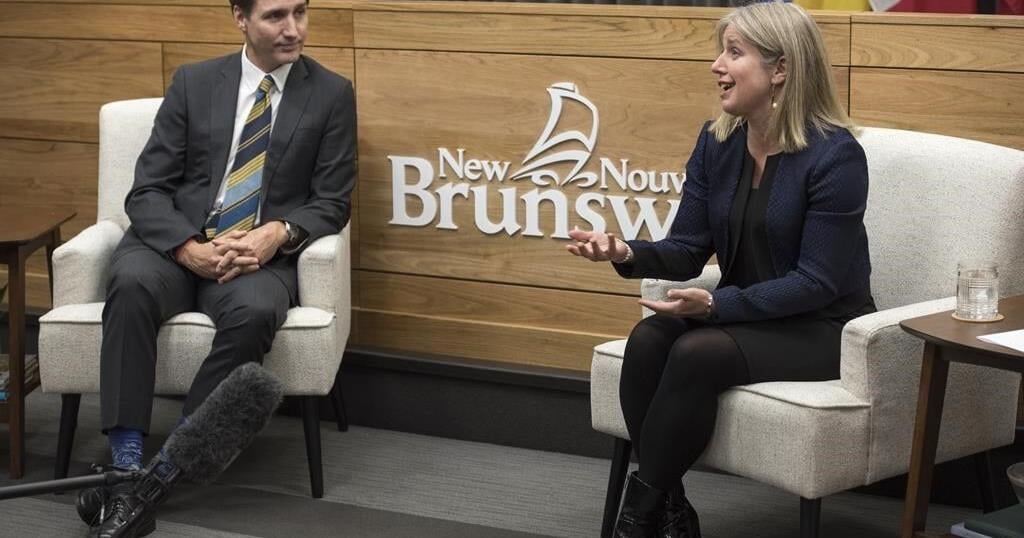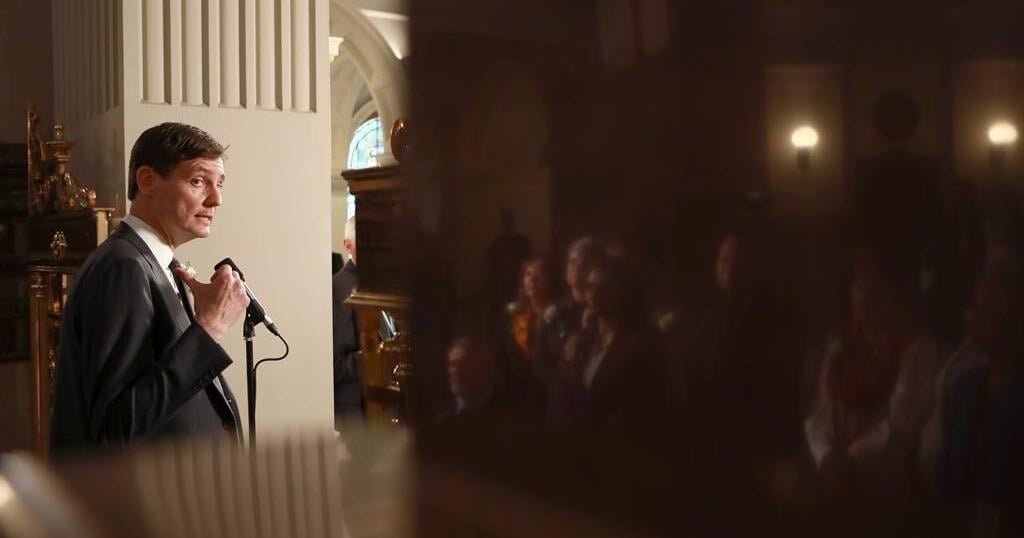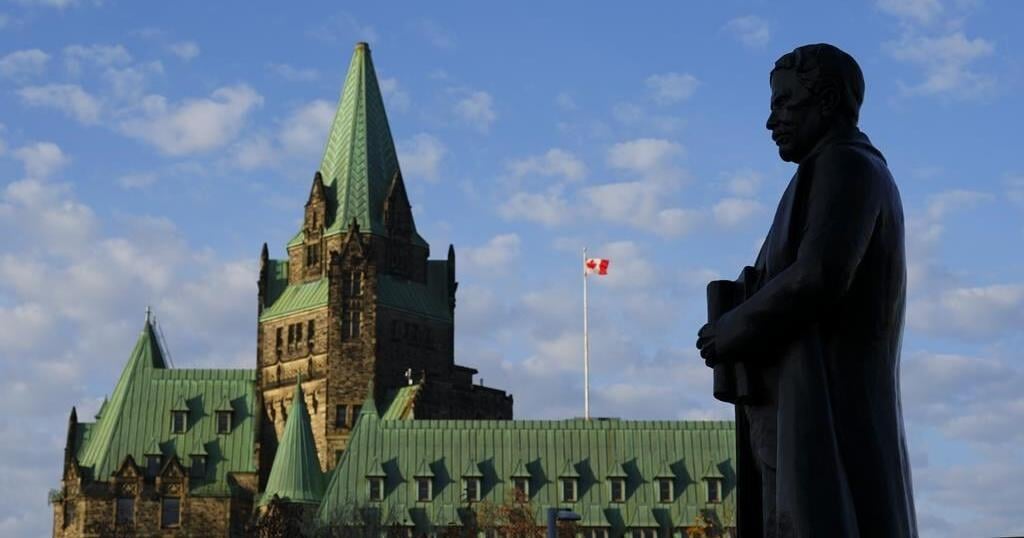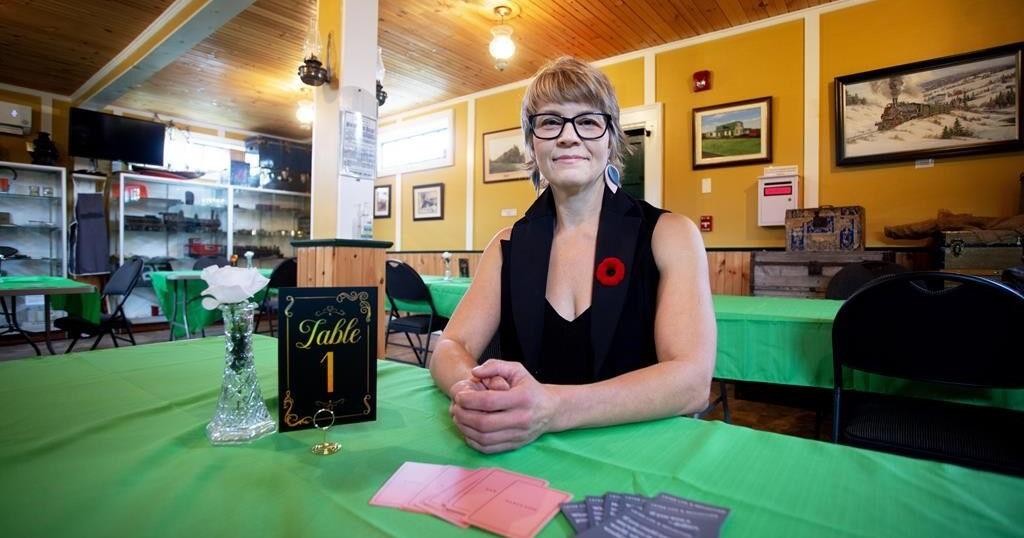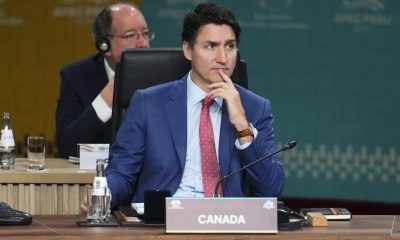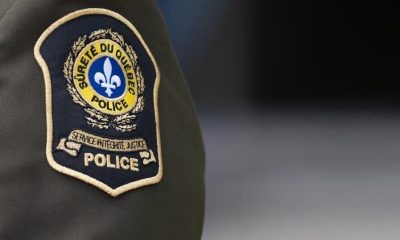VICTORIA – Premier David Eby says the British Columbia cabinet he introduces Monday will be tasked with focusing on issues voters strongly told the government they are most concerned about: affordability, health care, community safety, housing and the economy.
Eby’s New Democrats won a slim, one-seat majority in last month’s election, taking 47 seats in B.C.’s 93-seat legislature.
John Rustad’s upstart B.C. Conservatives emerged from winning no seats in the 2020 election to capturing 44 seats, while the Greens elected two members.
“Our focus in government will be very consistent with the message British Columbians sent us back to the legislature with,” Eby said at a news conference following a ceremony to swear in his New Democrat colleagues.
“They want us to be focused on the basics,” he said. “They want us to be focused on the issues that they are thinking about around the kitchen table: affordability, the cost of daily life, whether or not they can find a place to afford. That our health-care system is strong and supporting them and that we are growing our economy.”
Eby said the cabinet will be focused “on those issues and delivering for British Columbians on those priorities they have for us.”
The premier could be looking to fill up to a dozen new positions, depending on the size of his new cabinet, including for ministers in finance, transportation, labour, Indigenous relations, education, environment and agriculture.
Eby lost several current cabinet ministers in last month’s election, including Rachna Singh in education, Nathan Cullen in land, water and resources, and Pam Alexis at agriculture.
Veteran cabinet ministers George Heyman, Harry Bains, Katrine Conroy and Rob Fleming did not run again for election.
Of the NDP’s new caucus, 29 are returning members to the legislature and 18 are newly elected.
Mike Bernier, a former B.C. Liberal cabinet minister who ran in the election as an Independent following the suspension of the Opposition BC United campaign, said Eby will lean on several remaining veteran ministers in the new cabinet, but there are large holes to fill, especially in northern B.C.
“This is going to be an interesting scenario for Premier Eby on Monday putting a cabinet together, because it’s just not with the new people but it’s also the lack of diversity from around the province with the outcome of the election,” said Bernier, who was defeated by the B.C. Conservative candidate after representing his Peace River-South riding for three terms.
Among the new members from outside of Metro Vancouver and Vancouver Island are: Tamara Davidson, of North Coast-Haida Gwaii; Steve Morissette, of Kootenay-Monashee; and Randene Neill, of Powell River-Sunshine Coast.
Brittny Anderson of Kootenay Central and Harwinder Sandhu of Vernon-Lumby were re-elected.
“He’s definitely going to have to hand an olive branch to rural B.C. in some way,” said Bernier. “We will definitely see a few of those rural people, I feel, in cabinet. That is going to be one of the challenges government is going to be with, there is no true rural experience and representation there.”
But Eby will have the opportunity to lean on several experienced New Democrats for his cabinet, said Bernier, suggesting veteran ministers Mike Farnworth and Ravi Kahlon will take on top positions.
He said longtime Health Minister Adrian Dix could be moved to another senior post.
“Let’s just say Adrian is already the longest serving health minister in B.C. history,” Bernier said. “That ministry is a very tough one to run. He has been the face of that through one of the most difficult times in history when it comes to the pandemic here in Canada. He rode through that I think the best he could. He’s done his job.”
Eby said he has heard the message from voters that the NDP must strive to be a government that represents the entire province.
Bernier said Eby appears to have also accepted that he may have to alter his style of governing, which has previously been one of concentrating power in the premier’s office.
In recent days, there have been several staffing departures in Eby’s office, including Matt Smith, who served as chief of staff for two years.
“Premier Eby is a smart guy and I think he recognized some of the criticism he was getting of being a bit of a top-down or centralized kind of approach that he had in the later part of his first term,” Bernier said.
The recent death of former premier John Horgan, who succumbed to cancer on Tuesday, could have given Eby a deeper opportunity to reflect on his style of governing compared to his predecessor’s, he said.
“John Horgan, who was one of those amazing leaders, who if you wanted to go see him about housing, he would turn around and say, ‘go talk to the minister,'” said Bernier. “I think you are going to see Eby loosening the reins a little bit.”
Rustad said he and his large B.C. Conservative cabinet are preparing to battle Eby’s NDP in the legislature on issues of natural resources, education, public safety, housing and the economy.
“All I know is right now our resource sector is in shambles,” he said. “Nobody’s getting permits.”
Rustad said Eby is creating an image of doing something, “but he doesn’t actually do it. We are going to be very aggressive on David Eby, calling out his faults.”
Eby said earlier that he plans to recall the legislature for a short sitting after his cabinet appointments to elect a Speaker.
This report by The Canadian Press was first published Nov. 17, 2024.

